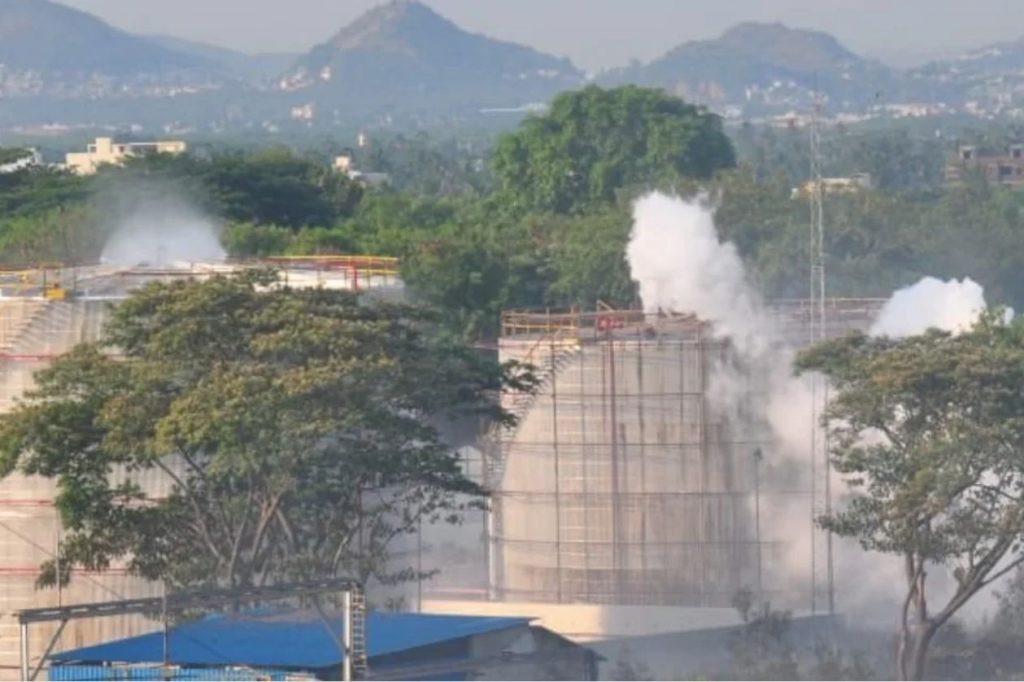Fundamental dilution of Environmental Laws and Jurisprudence of India Proposed
There has been systematic dilution of India’s forest and biodiversity protection laws for several years now. But the Indian Ministry of Environment, Forests and Climate Change now proposes to fundamentally change the essential characteristic of India’s environmental jurisprudence with fundamental changes that it proposes to India’s umbrella environmental law, the Environment Protection Act, 1986, and also the Water (Prevention and Control of Pollution) Act, 1974, Air (Prevention and Control of Pollution) Act, 1981 and Public Liability Insurance Act, 1991.
All of India’s environmental protection laws are based on criminal jurisprudence. Which is why every one of our Central and State laws relating to environmental conservation, pollution control, wildlife protection, biodiversity conservation and forest protection have graded provisions to tackle violations with criminal and civil punishments. This jurisprudence has evolved since the early 1970s as environmental violations in India have serious and often irreversible consequences to life, liberty and quality of environment and biodiversity. India also is a country with the worst record of industrial and pollution disasters, and the 1984 Bhopal Gas Crime is the worst industrial disaster ever.

Now, the Environment Ministry proposes to whittle down several provisions of all these laws that require criminal punishment of violators, and turn them merely to civil violations. Which means that violators can pay a fine and get out of the crime.
Such dilutions have been taking place since the rule of National Democratic Alliance under Prime Minister A B Vajpayee and through the United Progressive Alliance. For instance, the confounding amendments to environmental impact assessment regulations in 2006 diluted public involvement in environmental decision making and created a whole new network of environmental parastatals, yielding to pressure from investors and the World Bank who wanted a pro-business environmental regime as had been proposed in the Govindarajan Committee on Investment Reform (2002). There were also gains made, such as through the Right to Information Act, 2005 and Forest Rights Act, 2006, and later under the leadership of Environment Minister Jairam Ramesh unprecedented deep democratisation of environmental decision making through public consultations on legislative and policy changes, and also on the question if India must allow Genetically Modified Foods (in the B.t. Brinjal case, with Ramesh issuing a moratorium on its clearance).
Over the past 7 years, there have been systematic efforts to comprehensively dilute India’s environmental jurisprudence. This began with Prime Minister Narendra Modi’s first major policy decision, setting up the TSR Subramanian Committee to propose changes to all environmental laws. The reforms proposed were all pro-investor, and there was nation-wide outcry. See: INDIAN GOVERNMENT’S HIGH POWERED COMMITTEE REPORT ON REFORM OF ENVIRONMENTAL LAWS. This was followed by the Envtl Laws Amendment Bill, 2015 which again was blown back by public pressure. See: Comment/Criticism Of The Draft Environmental Laws (Amendment) Bill, 2015, Circulated By The Indian Environment Ministry On 7th October 2015 For Public Comments. )
Thereafter was the attempt to dilute forest laws with the Draft National Forest Policy, 2018. This again was met with massive public resistance and the Parliamentary Committee of Environment and Forests recommended the policy be shelved. See: Peoples Movements, Networks, Academicians, Researchers And Civil Society Organisations Reject The Draft National Forest Policy 2018. And further an attempt to weaken the Forest (Conservation) Act, 1981. See: MOEFCC Must Withdraw Consultation Paper On Amendments To The Forest (Conservation) Act. And then there was the comprehensive dilution of EIA Notification, which once more was pushed back by public pressure.
The current proposed amendments to four major environmental laws, are effectively a big step away from India’s long held statutory tradition of protecting environmental and natural resources and is a clear indicator of prevailing priority: putting business and commercial interest over environmental protection and safeguarding human rights. The draft Bills were put out on 1st July 2022 by the Ministry in English, not any of the other Scheduled languages, and the commenting period ends on 21st July 2022. Never in the history of India has there ever been such a rush to put interests of international and national business empires over that of peoples of India and its biodiversity.
Also read a note by Leo Saldanha of ESG on how such dilutions of environmental regulatory regimes are globally promoted, and especially propelled with the recent decision of the US Supreme Court.

